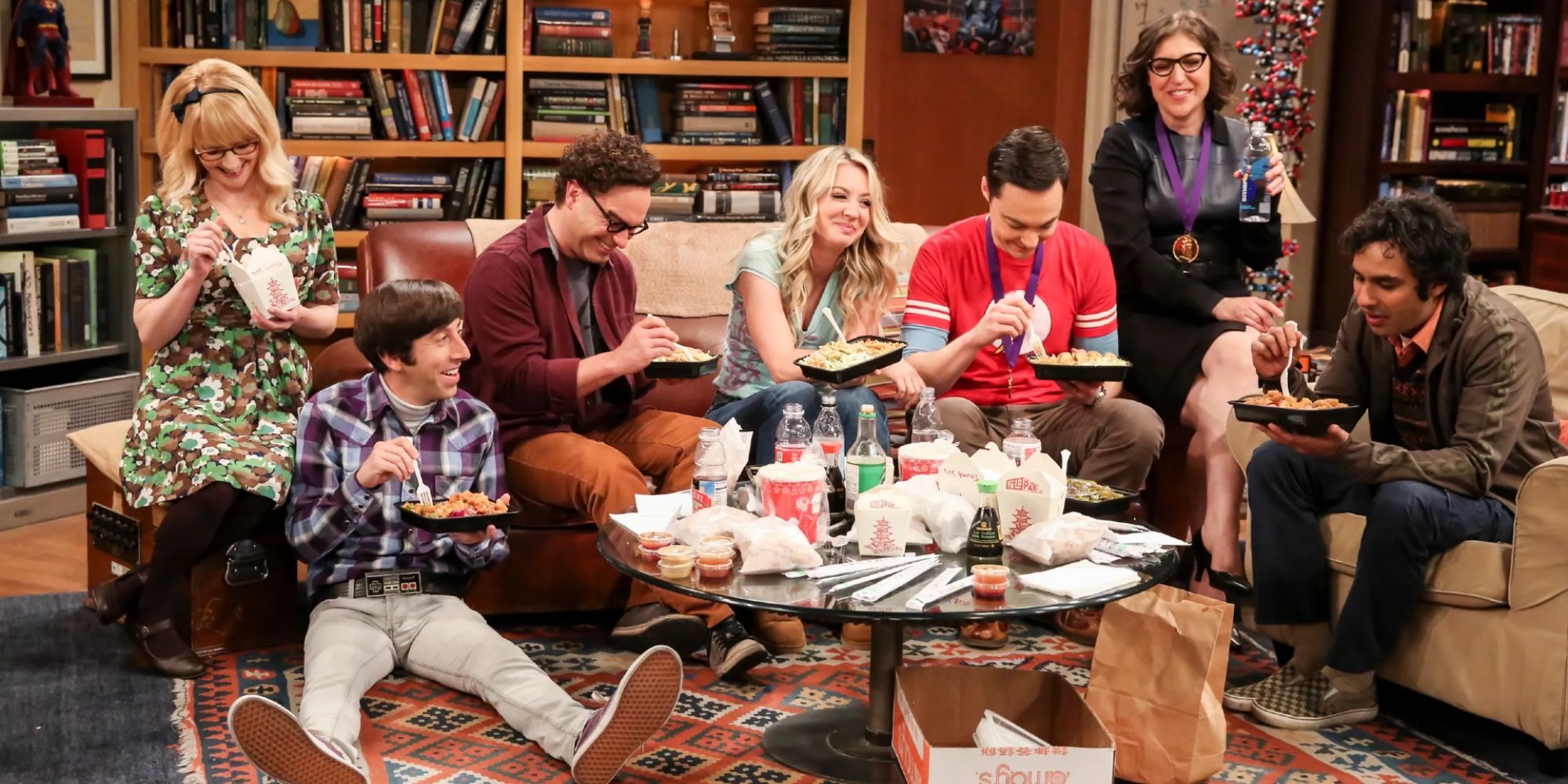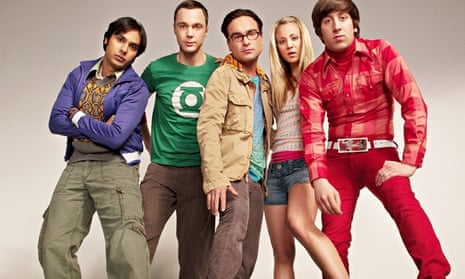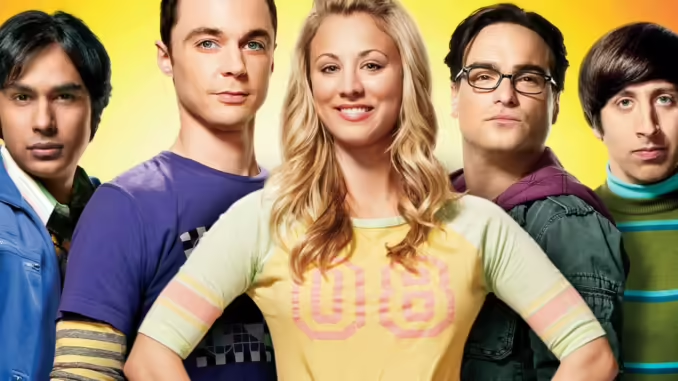
The Big Bang Theory was an unexpected hit, becoming one of the most-watched sitcoms of the 21st Century. The series had mixed reviews in its first season, which debuted on CBS in late September 2007. However, audiences soon fell in love with the amiable nerds and their friend, Penny. That popularity helped the show become one of the longest-running sitcoms of all time. The Big Bang theory also played a significant role in bringing nerd culture to the forefront of the mainstream public consciousness.
Over 12 seasons, The Big Bang Theory introduced long-running gags, witty characters, endless cameos, and storylines that ranged from hilarious to heartwarming. It garnered legions of awards and nominations, then inspired a popular and sometimes surprising spinoff, Young Sheldon, debuting its seventh and final season in May 2024. The show went out on a high, with Variety reporting it scored nearly 20 million viewers for its two-part finale. Even after new episodes stopped airing, the series lives on in syndication. The question looming over its legacy, however, is how well the series wrapped up its story.
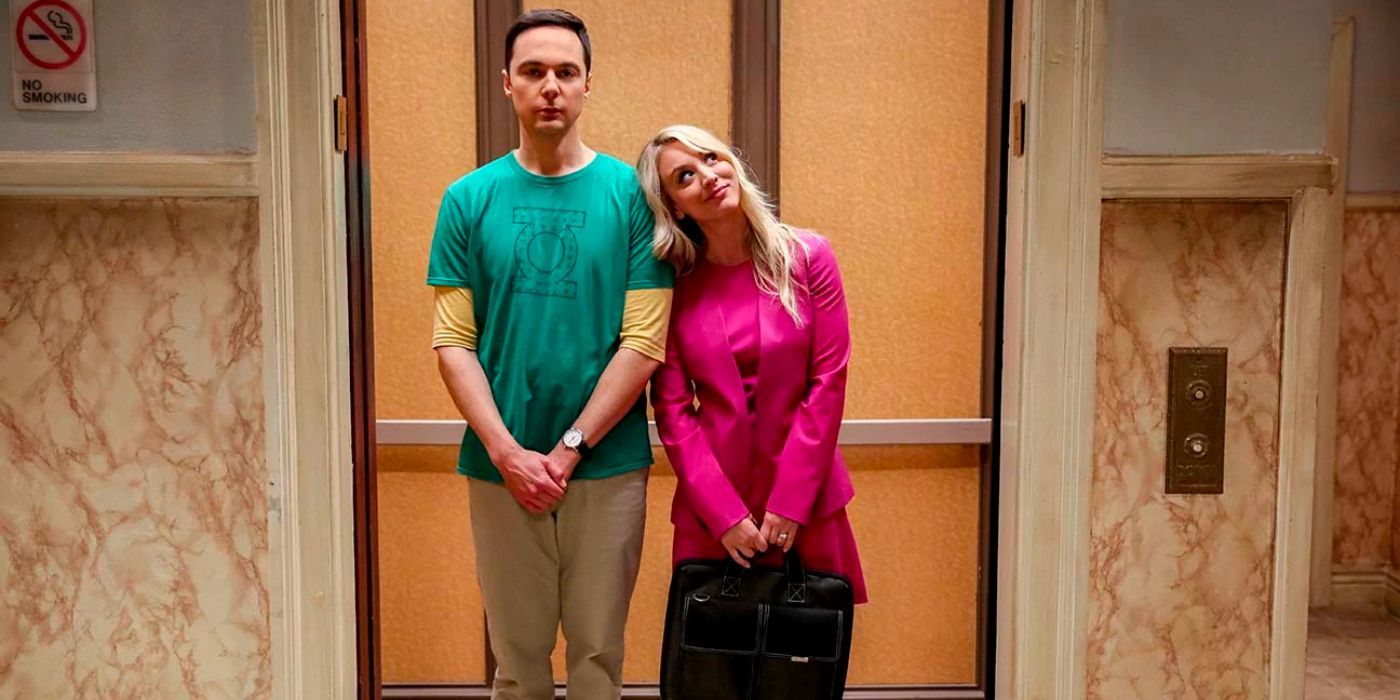
Updated on February 26, 2024, by Andrea Sandoval: The Big Bang Theory is one of the longest sitcom series ever created, with a run of 12 seasons. As such, its main characters go through much growth, finding love, and family, and exploring various career paths. The ending of The Big Bang Theory was incredibly rewarding, as it brought the characters to their true potential. We updated this feature to further the discussion surrounding The Big Bang Theory finale.
What The Big Bang Theory Was About?
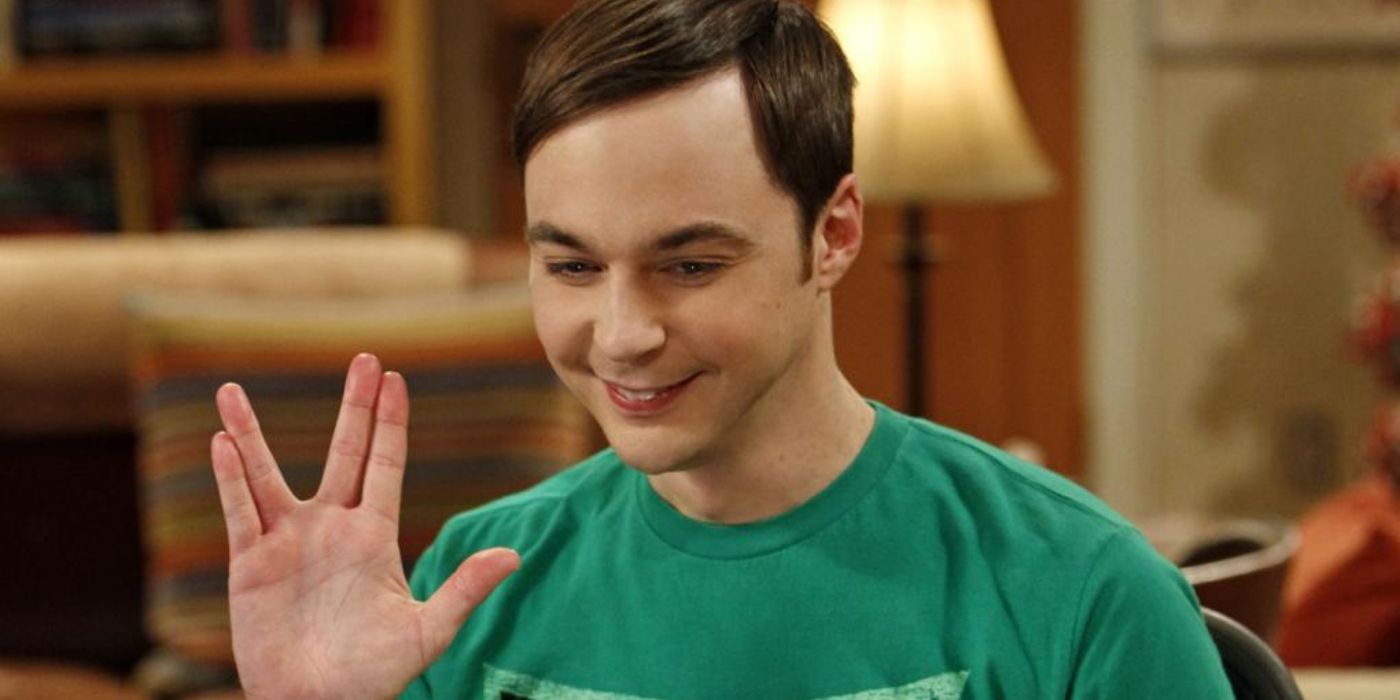
Set in Pasadena, California, The Big Bang Theory centered on an ensemble, led by a pair of Caltech physicists named Leonard Hofstadter and Sheldon Cooper — played by Johnny Galecki and Jim Parsons, respectively — awkward geniuses with a love of everything geeky. Kaley Cuoco’s character was Penny, the beautiful aspiring actor (but working food server) from Nebraska, who moved in across the hall and became an unlikely addition to their friend group. The Big Bang Theory‘s ensemble cast was rounded out by engineer Simon Helberg’s Howard Wolowitz and astrophysicist Kunal Nayyar’s Rajesh Koothrappali. Eventually, Mayim Bialik’s Amy Farrah Fowler and Melissa Rauch’s Bernadette Rostenkowski joined the cast as romantic additions to the friend group.
Interestingly, The Big Bang Theory almost looked very different. The first pilot included a character named Kate, played by Amanda Walsh, but the pilot didn’t work. Funny enough, The Big Bang Theory joins an elite club the characters would approve of as another series with a first failed pilot was Star Trek, a series adored by Sheldon, Leonard, and the gang. “CBS called after the first pilot and asked if we could do it again and recast the female lead… but my response to them was, ‘No, I don’t think it was a casting problem, I think it was a writing problem.’ Our script didn’t fully realize what our possibilities were,” Chuck Lorre told Entertainment Weekly. In the first pilot, Kate is cruel to the other characters and sees them as people to take advantage of. Penny, instead, was charmed by them and tried to bring them out of their shells by “watching DVD commentaries” and playing Dungeons & Dragons.
:max_bytes(150000):strip_icc()/big-bang-2000-6dbf6e46c68e48869d0afd182ad09e09.jpg)
At its core, The Big Bang Theory was a hangout comedy built around a friend group of (mostly) geniuses, and their quirky, nerdy antics. The “will they or won’t they” relationship between Penny and Leonard was a driving force throughout the sitcom’s run. However, Jim Parsons stole the show with his nuanced portrayal of Sheldon Cooper, which made a relatively unlikeable character into a fan favorite. It was no surprise that Sheldon got his own spinoff, though Young Sheldon has been far more dramatic. Still, Lorre and his fellow writers were correct. The friendships between the central characters are what made this series shine, even when it fell into sitcom tropes.
How Penny and Sheldon Evolved by The End of The Big Bang Theory
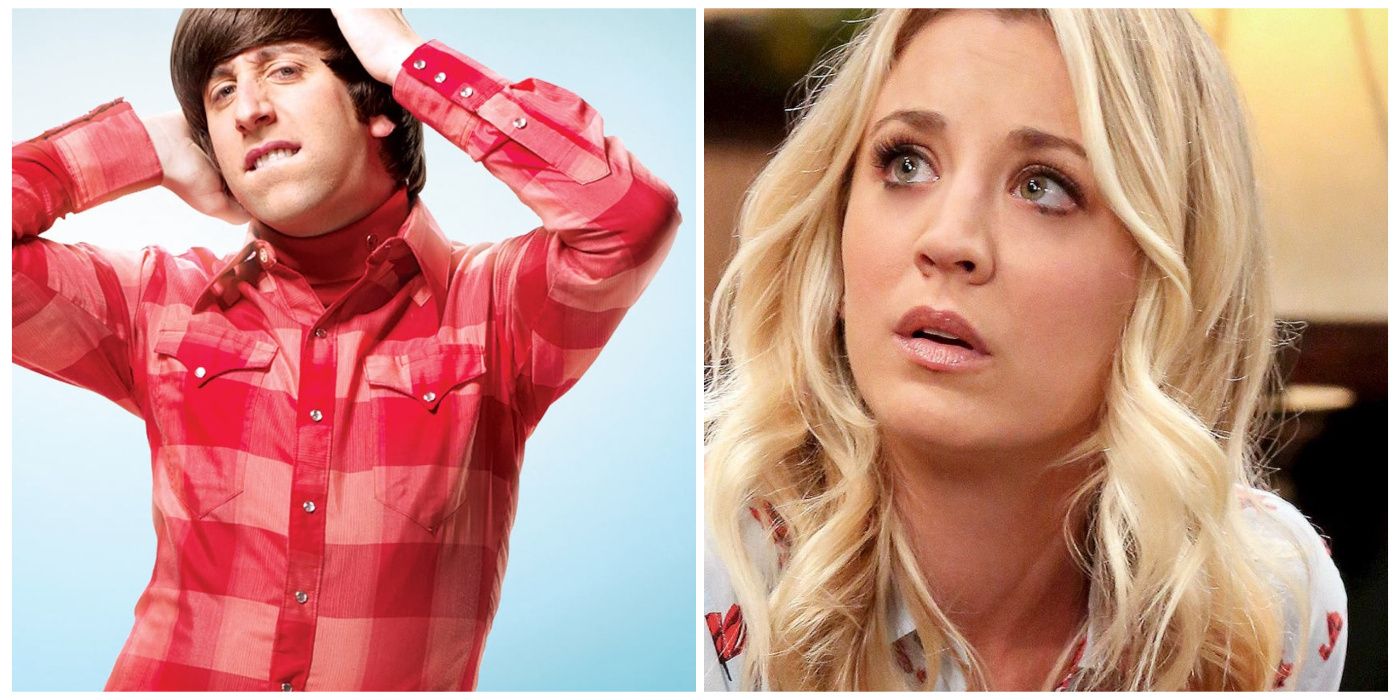
Interesting Facts about Penny and Sheldon:
- Being only 21 years old at the beginning of the series, Penny is the youngest member of the gang.
- While Sheldon is terrible at most sports, he’s an amazing bowling player.
- Penny is never given a last name throughout The Big Bang Theory — except when she takes Leonard’s last name after marrying him.
- Sheldon is an atheist through and through, but he was raised in a highly Catholic family.
Every character in The Big Bang Theory dramatically evolved throughout its lengthy run, but no one went through as significant a transformation as Penny. She began as a shallow, naive girl from Nebraska who came to California to pursue her lofty goal of becoming a movie star — but ended up a server at the Cheesecake Factory. By the series’ end, Penny was a more mature character with a good job as a pharmaceutical sales representative, trading in her apron for professional pantsuits.Penny’s journey was all about finding joy in the place she was rather than where she hoped to be. Meanwhile, as sympathetic as The Big Bang Theory‘s male characters were, they remained in a state of arrested development. Lorre said he believed the Katie character didn’t work because the audience saw these grown men as childlike. Penny helped them grow up, and, in turn, she learned to appreciate the good things in life rather than lament what she didn’t have. She also found love in an unlikely place. By the end of The Big Bang Theory, Penny and Leonard are happily married and expecting their first child, even though at the beginning of the series, Penny is terrified of commitment.
Sheldon went on his own important journey throughout The Big Bang Theory. After a comically long time, he eventually married Amy, along with finally learning to detect sarcasm. In the finale, Amy confronts him about his selfishness, leading his character to a final revelation. He set aside the lengthy, egocentric speech he planned to deliver at his Nobel Prize ceremony and thanked each of his friends individually instead. In a moving gesture, he asked each of them to stand, told them he loved them, and apologized for not being a better friend. It was an important moment of growth for the character that worked even though Sheldon’s obliviousness was an integral part of the series’ comedy.
